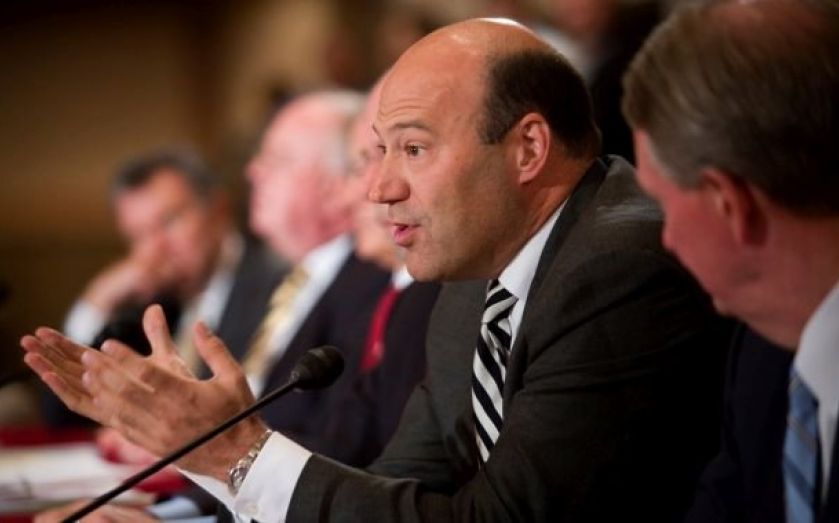Goldman Sachs president: Britain remaining in Europe is “best for all of us”

Gary Cohn, president of Goldman Sachs, has urged Britain to stay in the EU in order for London to maintain its status as a “great financial capital of the world”.
The president of the US investment bank has argued that a Brexit could be bad news for the city as financial firms want to keep London as their European headquarters.
Talking to the BBC, Cohn said that the UK remaining in Europe is “the best thing for all of us.”
Cohn said:
I think for the UK it’s imperative to keep the financial services industry in London. We all want to stay in London – it is our European headquarters.I think that having a great financial capital of the world staying in the UK and having the UK be part of Europe is the best thing for all of us.
David Cameron has promised a in/out referendum on Europe if the Conservatives if he remains prime minister after May’s general election.
After proving unable to follow through on his pre-election promise in 2010 to hold a poll on the Lisbon treaty, Cameron is under-pressure from the rise of Ukip and his own party to offer a referendum by the end of 2017.
Tory backbencher Owen Paterson told campaign group Business for Britain that “the eurozone has already embarked upon a path that we can never follow” last year.
Sir Bill Cash, Conservative MP for Stone, argued in City AM:
The EU has been set on a path diametrically opposed to British interests for too long to change course now. The future for the City looks bleak. We need a complete restructuring of the architecture of Europe, and a return to real democracy.
Not all business leaders are so bullish however. James Bardrick, country officer of Citigroup in the UK, told City AM that leaving the EU would be a “less-good outcome” but still workable.
“It would be a less-good outcome, but we can cope if we have to cross borders between the UK and the EU,” Bardrick argued.
“We’d have to make changes to our operating model to reflect some of the increased inefficiencies that being outside the EU would throw up, and there is no doubt that would lead to changes in the way we have to deploy some of our resources, both financial and people.”